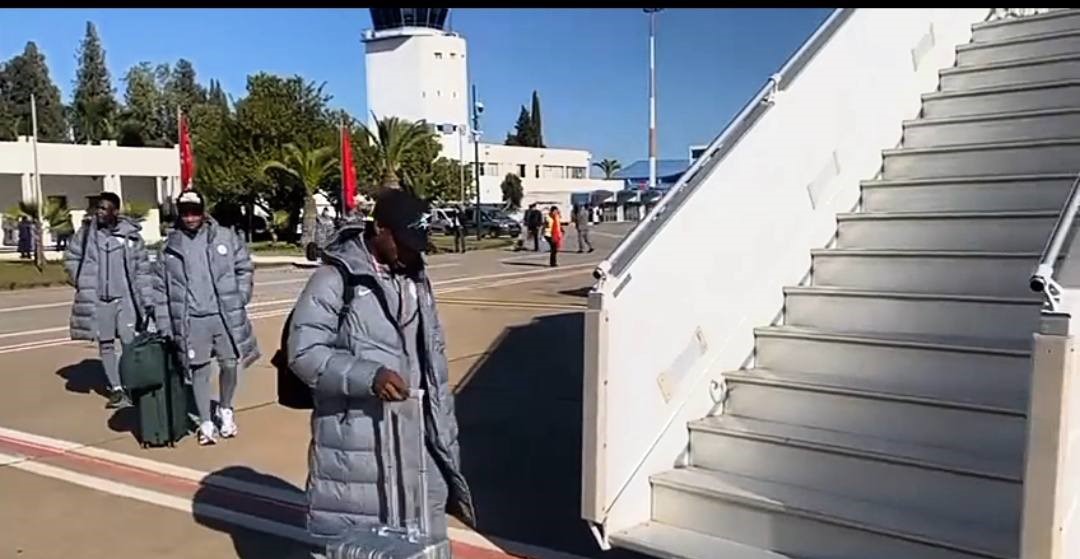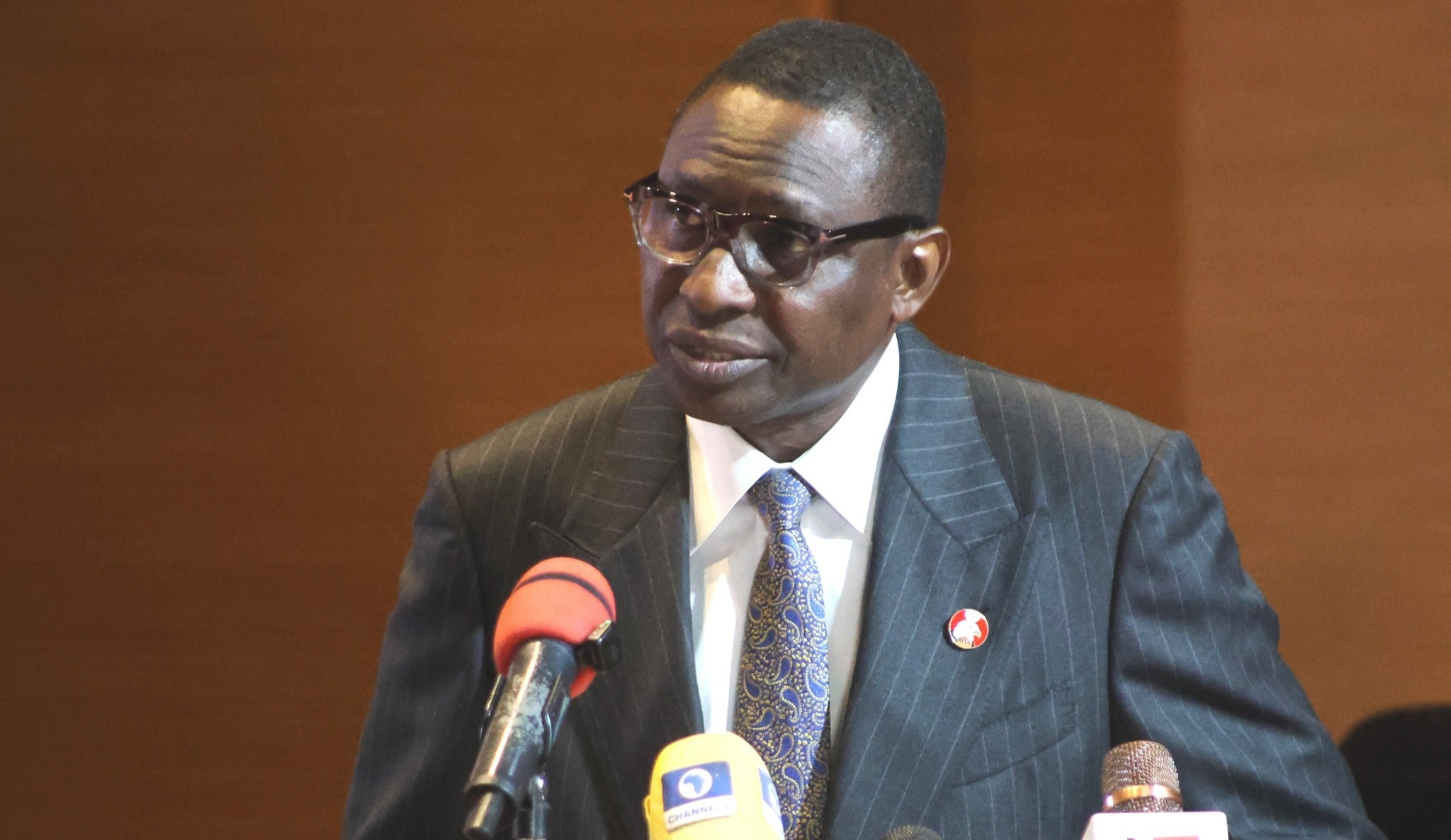The world we inhabit may seem driven by primal instincts in their starkest forms, yet there remain a few good souls amid the evil throng, whose values are anchored in empathy and shared humanity. These are rare breeds, seldom seen, seldom felt, always willing to etch distinct historie in the affairs of men through their actions. The impressions they leave behind are often indelible.
These individuals may not occupy lofty positions or wield influence on a grand scale, yet their actions, small, sincere, and deeply human, ripple outward like drops of water feeding the ocean of compassion that binds us all.
On August 28, 2025, two encounters reminded me that goodness still walks quietly among us. That Thursday, I visited the Imgbi Road branch of First Bank, Yenagoa, seeking to withdraw dollars from my domiciliary account. The day before, the Branch Business Manager had promised its reactivation within 24 hours, following a form I had submitted the previous week after the account was flagged over a foreign inflow.
The delay, he admitted, stemmed from his oversight, an unsigned section of the form. On the phone earlier, I had voiced my frustration at the needless hold-up. He apologised and assured me of swift resolution.
At the branch, looking unsettled by my complaint of unanswered calls, he scrolled through missed calls and a lone neglected message before offering a rueful smile and an apology. Then, without hesitation, he turned to the matter. As we waited, we spoke of corporate ethics, the state of the nation, and the uneasy balance between principle and survival. Soon, he rose and beckoned me to follow him down the stairwell to the section where dormant accounts were revived.
At the desk, he pressed for clarifications. The female officer, brisk and professional, informed him the account had not yet been unlocked. For a moment, silence lingered. Then he turned to me, eyes softened with an almost pleading resolve, and in a voice carefully measured said, �Why don�t you return by four? It�ll be ready by then.�
I looked from him to the beautiful lady beside him, her composure wrapped in quiet elegance. A sly grin crept across my face as I leaned in, my voice low yet charged with mischief:
�First Bank is looking for my trouble� hmm, First Bank is really looking for my trouble. If I write about this matter in my column in a national daily, it is you who will come begging me� don�t tempt me to write��
The words struck the Branch Business Manager like a thunderclap. His eyes widened.
�Ah! If you write about this, it is me you�ve written about o!� he blurted, half-stunned. Then, catching himself, he tried to divert the blow. �Okay� write about HRM, not me.� He laughed uneasily, pulled me close in a side hug, and jested with a sudden lightness: �See! You and her look alike�same fair complexion!�
I caught the lady�s fleeting discomfort at my remark and let a knowing smile play on my lips. Then, with deliberate weight, I spoke: �If I take this to my back-page column in the Nigerian Pilot and thenewsroom,ng�both national platforms, it will go viral�and you people won�t like what follows.�
The Business Manager�s mask of bravado slipped. His plea was simple: �Please� don�t.�
�I won�t,� I assured, sincerity breaking through my mischief. �Because you are a good man. A good man indeed. But listen�I�ll be back by 3 p.m., if this issue is not resolved�� I left the sentence dangling in the air like a threat carried on the wind.
And with that, I turned and walked out of the bank.
It was a little after noon. Three long hours stretched before me. I had no wish to return home, so I wandered across the road to Kilimanjaro, the bustling eatery opposite Ekeki Motor Park, to idle away the time.
I had no appetite for food. All I wanted was a seat, a screen, and enough distraction until the clock crept towards three. I found a place directly facing a large LED screen flashing a foreign football match I cared nothing about. The crowd�s cheers rose and fell around me, but my thoughts wandered elsewhere.
Then came the interruption.
A tall man, broad-shouldered and commanding in presence, strode toward me with a tray laden with food. His eyes fixed on me as though I had stolen his rightful place. I could almost hear the unspoken words: That�s my seat. Yet he swallowed them, shifted, and took the table beside mine.
�Do you want to sit here?� I asked, half-curious, half-courteous. �If you want this seat, you can have it.�
Before he could reply, I rose and yielded it, though by every right it was mine. I slipped to the table just behind, pretending to busy myself with my phone.
He glanced at me sideways, shook his head faintly, and settled into his meal. Silence stretched between us until, finished, he turned and asked, �Do you want to eat something?�
I faltered, unsure of his intent. Then he rose, beckoned with quiet authority, and said,
�Come with me.�
We walked together to the counter, where trays of steaming dishes waited. His voice was firm, almost insistent, �Pick anything you want. I�ll pay.�
I was stunned. The earlier tension had not prepared me for such generosity from a stranger. I tried to decline, but he pressed, almost pleading: �Please. Have something to eat.�
So I relented, choosing only a light snack. He told the chef to add a bottle of Coke.
As we waited for the chef to serve the snacks, my voice trembled with a mix of gratitude and awe.
�Sir� I don�t know who you are, but I want to reciprocate this kindness. I�d like to write about you in my column. I�m a writer� a publisher.�
He looked at me steadily, his face grave. �No need for that. You stood up humbly and gave me your seat without complaint�that�s why I�m doing this. I�m a pastor.�
�It doesn�t matter,� I replied earnestly. �Allow me to tell your story. Let me give your church a voice to a global audience. It would be my honour.�
This time, he smiled. �Okay.�
He paid for my food and drink, then we walked back to my seat together, strangers no longer. We exchanged phone numbers. Before parting, he said warmly:� Is this your name, Mindfield Publishing?�
�That�s the name of my publishing company. I�m Edentu Oroso.��
�I�m Pastor Emeka.
My church is behind GTB Bank�Abundant Life Church. Come worship with us one of these days.�
I nodded, feeling the weight of providence in the moment. �I will,� I promised.
I sat back, munching my snacks and sipping Coca-Cola, my mind replaying the encounter at the bank. I had barely settled into my thoughts when my phone buzzed. An SMS lit up the screen:
�Sir, your account is okay now. Thanks!� � signed by the Branch Business Manager.
I almost leapt from my seat in sheer relief. A glance at my watch read 1:34 p.m., scarcely an hour and a half since I had walked out of the bank with a faint but deliberate threat: if the issue wasn�t resolved before 3 p.m., I would return to raise Hell.
I kept my word. Back at First Bank, the withdrawal was seamless. Smooth, professional, without a hint of the earlier hitches.
That moment lingered with me, not just for the resolution, but for what it revealed about human kindness and professionalism in service. The man behind the gesture was Mr. Ikechukwu A. Ochuba, the Branch Business Manager. Always polite, always courteous, always willing to step in when customers are at their wits� end.
It wasn�t my first encounter with him. Over a year ago, I had another brush with frustration�this time while trying to open a domiciliary account. After weeks of back-and-forth, filling endless compliance forms, the account number was still nowhere in sight, though I urgently needed it.
One morning, exasperated beyond measure, I stormed into the branch determined to shake tables. My voice carried across the banking hall:
�Who is the Bank Manager here? I want to see the Bank Manager! How can the simple opening of a domiciliary account take a whole month in First Bank when elsewhere it is done in a flash?�
A lady officer, unfazed by my agitation, calmly directed me to an office nearby. I knocked, barged in, and asked almost in the same breath: �Are you the Bank Manager?�
He looked up, taking in the veins straining across my forehead. He could see I was furious. Yet his response was calm, steady, even disarming:
�Come in and sit down, Sir. What�s the issue? Can I be of help?�
I laid out my ordeal. Without hesitation, he apologised and took immediate action. Within minutes, he summoned the account officer, resolved the delay, and handed me the account number himself, apologising profusely for the lapses. It was not the apology alone that struck me�it was the firmness with which he addressed the matter, the decisiveness that left no room for excuses, and the sense of responsibility that radiated from him.
I walked out that day impressed�not just because the problem was solved, but because of how it was solved. His courtesy did not come at the expense of firmness; his professionalism was not hollow but rooted in integrity; and his willingness to take ownership was not selective but absolute. He stood, in that moment, as a model of what service should be�swift, humane, and accountable.
And again, on Thursday, he proved it wasn�t a fluke. Consistency, after all, is the true measure of character. Where many might act once out of chance or convenience, he showed that integrity is a habit, not an event. There are still men and women in service who treat customers like kings, not inconveniences�and Mr. Ikechukwu Ochugo stands firmly among them, a reminder that leadership is not in title but in action.
As for Pastor Emeka, I must confess that my first impression of him may have been clouded by misjudgment. I had thought him aloof, perhaps even indifferent, as so many men of the cloth in our time appear to be. Yet, in the quiet unfolding of events, he revealed himself to be quite the opposite�a man with bowels of compassion, one who does not merely preach kindness from the pulpit but embodies it in his dealings with others. His willingness to reciprocate a simple act of courtesy, unprompted and without fanfare, struck me deeply. In today�s Nigeria, where many General Overseers are often cloaked in distance, authority, and inaccessibility, such a gesture is nothing short of remarkable. That single act, small in appearance but weighty in meaning, casts him in a rare light: a shepherd humane enough to walk among his flock, not above them, and to lead with the strength of empathy as much as with the authority of his office.










